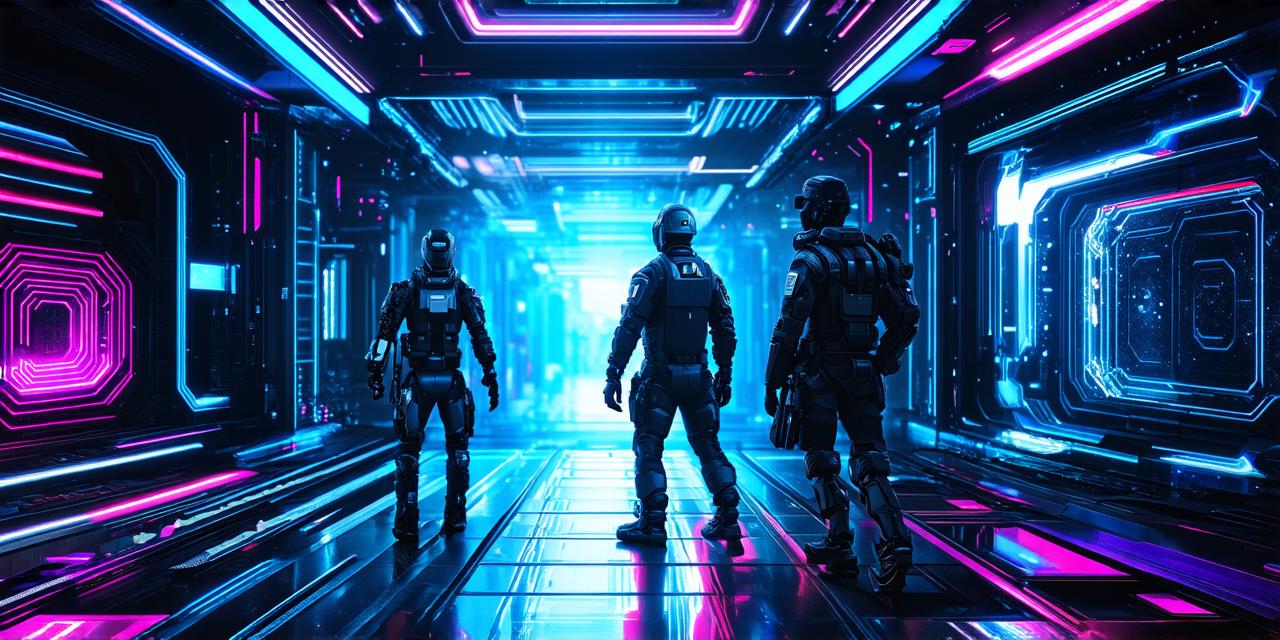What are NFTs?
NFTs are unique digital assets that are stored on a blockchain. They can represent anything from artwork to collectibles, but in the context of gaming, they are often used to represent in-game items or characters that have real value. NFTs allow gamers to own and trade these items securely and transparently, creating a new economy within games.
The Pros of NFT-Based Games
One of the main benefits of NFT-based games is that they create a new revenue stream for game developers. By selling NFTs, developers can generate revenue from players who are willing to pay for unique and valuable in-game items. This can be especially useful for smaller indie studios who may not have the resources to develop and market traditional games.
Another benefit of NFT-based games is that they create a sense of ownership and exclusivity for players. When players own an NFT, they feel like they are part of a special community and have access to unique content that others don’t. This can lead to increased engagement and loyalty among players, which can ultimately drive revenue for the game.
The Cons of NFT-Based Games
One of the main drawbacks of NFT-based games is that they can be expensive. NFTs are often sold at a high price, which can make them inaccessible to many gamers. This can create a divide between players who have the resources to buy NFTs and those who don’t, leading to a less inclusive gaming experience.
Another potential issue with NFT-based games is that they can be complex and difficult to understand. The concept of blockchain technology and NFTs can be confusing for many people, which can make it harder for them to get started with these games. This can limit the potential audience for NFT-based games and make them less appealing to some gamers.

Real-Life Examples of NFT-Based Games
There are already several successful NFT-based games on the market. One example is Cryptokitties, a game that allows players to breed and collect unique digital cats. These cats have real value and can be bought and sold on secondary markets, creating a new economy within the game. Another example is Axie Infinity, a game that combines elements of strategy games and collectible battlers, using NFTs to represent its characters and items.
How NFT-Based Games will Evolve in the Future
As the technology behind NFTs continues to evolve, we can expect to see more and more games incorporating these elements into their gameplay. We may also see more integration with traditional games, as developers find new ways to monetize their content through NFTs. Additionally, as blockchain technology becomes more accessible and user-friendly, we may see more mainstream adoption of NFT-based games.
FAQs
Q: What are NFTs?
Non-fungible tokens (NFTs) are unique digital assets that are stored on a blockchain. They can represent anything from artwork to collectibles, but in the context of gaming, they are often used to represent in-game items or characters that have real value.
Q: What are the benefits of NFT-based games?
NFT-based games create a new revenue stream for game developers and provide a sense of ownership and exclusivity for players.
Q: What are the drawbacks of NFT-Based Games?
NFT-based games can be expensive, complex, and difficult to understand, which can limit their potential audience and make them less appealing to some gamers.
